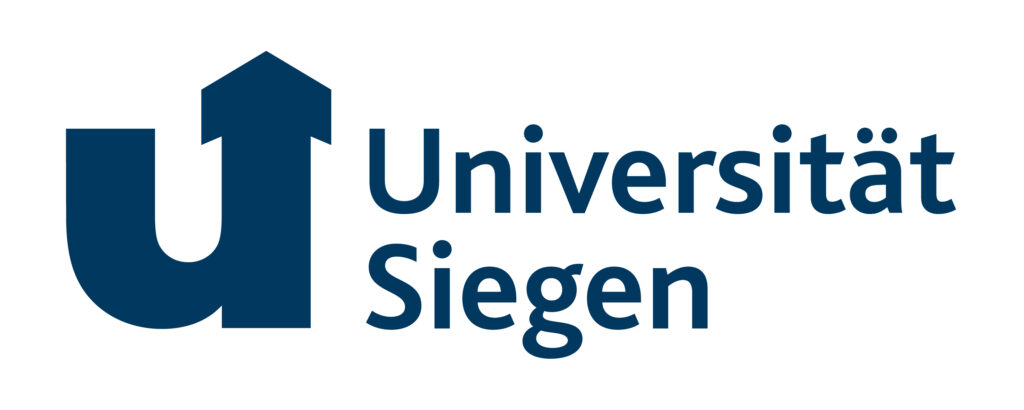
The University of Siegen was founded in 1972 and has quickly developed into a centre of quality research and teaching in the ‘three-border-region’ of the Hessen, Rhineland Palatine and North Rhine Westphalia states, with currently more than 18,000 enrolled students and 2,212 employees (258 professors, 1,160 scientific researchers, 794 technical/administrative staff). It is structured in five interdisciplinary faculties covering a wide range of scientific areas from the humanities and social sciences to the natural sciences, engineering and technology as well as healthcare and wellbeing. As one of the first German universities, the University of Siegen received the “HR excellence in research” award early 2017, demonstrating its endeavours to implement the 40 principles of the European Charter & Code in the very best manner. It has been participating in 39 FP7 and 14 H2020 projects and maintains extensive cooperation with numerous universities and research institutions all over the world.
Research work in EnTrust is conducted at the Department of Social Sciences at the Faculty of Arts and Humanities. The Department of Social Sciences is characterised by its interdisciplinary focus, its combination of fundamental and applied research, and the study of macro and micro constellations. It aims to enhance social science research in seven core areas of general concern, among them European studies, political sociology, social problems and social policy. It hosts a series of empirical research projects funded by institutions like the German Research Council, the European Commission and other national and international agencies. Its members participate in various international consortia, such as EUcitizen, LIVEWHAT, TransSOL or EURYKA.
Team members
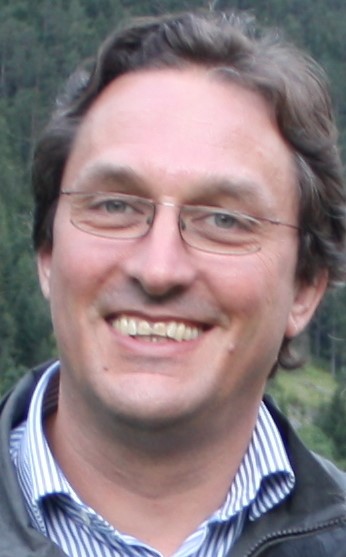
Christian Lahusen is the principal investigator of the German team and coordinator of the EnTrust project. He is professor of Sociology at the Department of Social Sciences at the Faculty of Arts at Siegen University. He studied sociology in Düsseldorf and Madrid, received his PhD from the European University Institute (Florence) and obtained his habilitation from the University of Bamberg. His research interests include the sociology of European societies and European integration, social movements and civil societies, social problems and social exclusion, the sociology of bureaucracy and of the transformation of the state. He has directed and participated in a number of national and international research projects on topics relating to contentious politics, civil society and social exclusion, most of them with a European and comparative perspective. His research has been funded by the German Research Council, the EU and other national and international funding agencies. He was coordinator and investigator of the EU-funded project TransSOL (H2020) and a participant in other EU-funded projects such as UNEMPOL (EU FP5), YOUNEX (EU FP7), LIVEWHAT (EU FP7) and EURYKA (H2020). Publications include more than 20 books, edited collections, more than 70 articles, and book chapters, published by leading national and international publishers and journals.
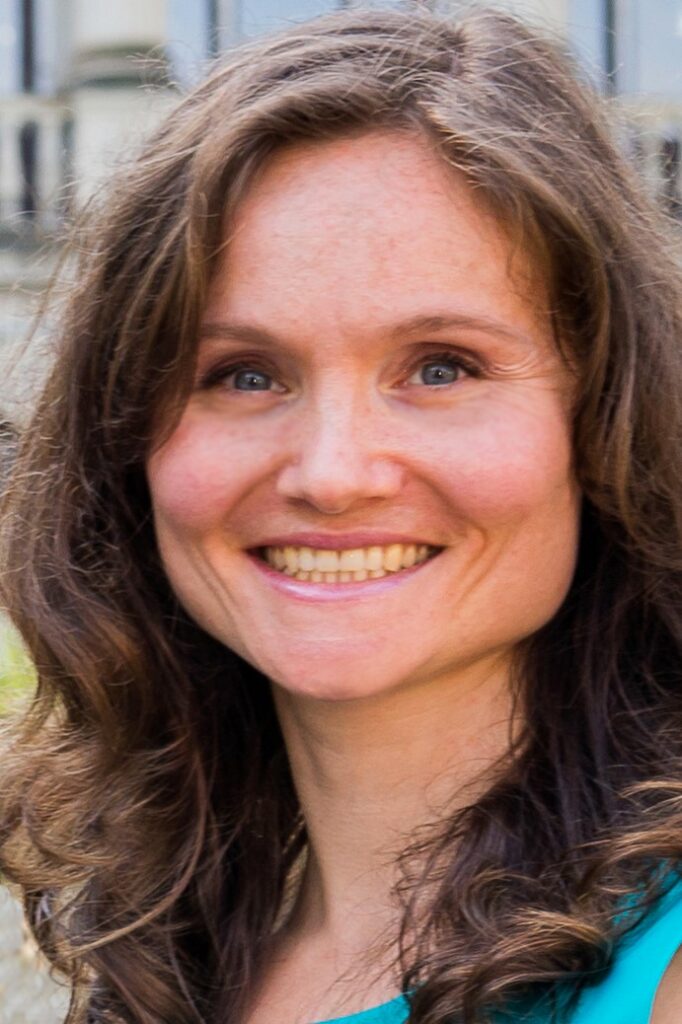
Ulrike Zschache is a post-doctoral research member at the Department of Social Sciences at the Faculty of Arts at the University of Siegen. She holds a dual PhD in European and Global Studies from Siegen and Lancaster University and studied sociology, cultural and political sciences and journalism at the Universities of Leipzig and Rome (La Sapienza). Her research interests lie in the area of the sociology of European societies, European public spheres, contentious politics, social problems and civil societies. In particular, her recent research focuses on trust in governance, civil society activism, transnational solidarity, the impact of crises in the fields of migration, unemployment and disability and the discursive construction and diffusion of European policy ideas. She has participated in national and international research projects, funded by the German Research Council and the EU, and obtained a PhD grant from the German Academic Exchange Service. Recently, Ulrike was a researcher on the H2020 project TransSOL. She is co-editor of a collective volume on transnational solidarity, has published two books relating to the Europeanisation of public discourses, and various book chapters and articles.
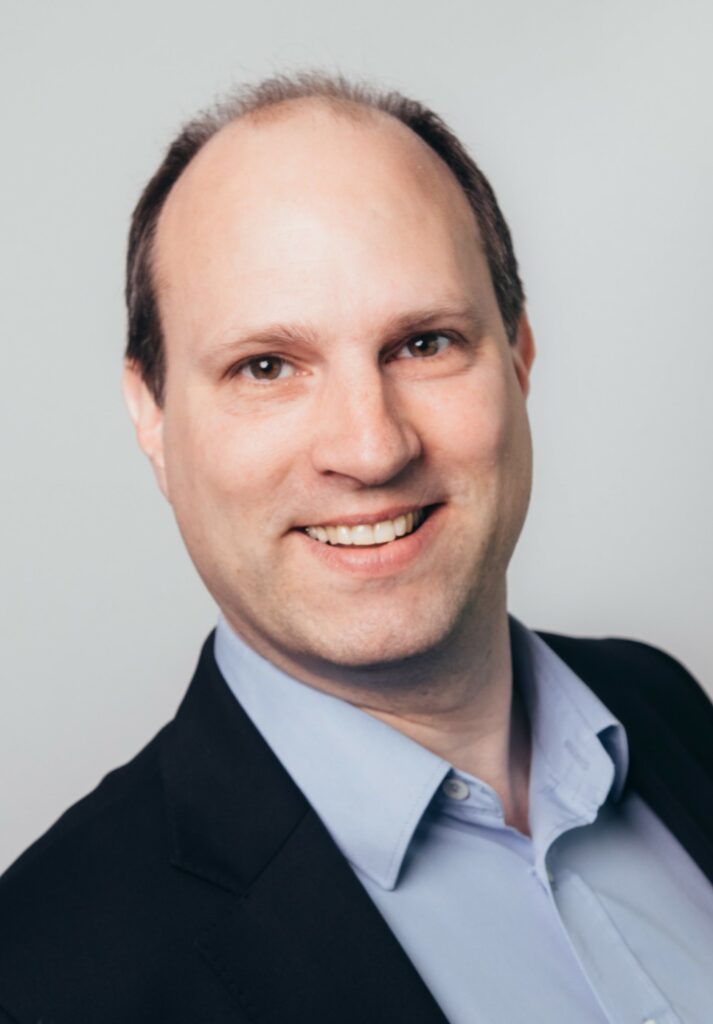
Simon Forstmeier is professor of developmental psychology and clinical psychology of the lifespan at the University of Siegen, Germany. He started his career as clinical psychologist and psychotherapist in a psychosomatic hospital, before he focused on research on clinical gerontopsychology, psychotherapy with the elderly, and lifespan psychology. Two main research topics go through many of his studies: self-regulation and motivation across the lifespan from childhood to old age and as predictor of cognitive and affective health; and reminiscence interventions in the treatment of older people with depression, beginning dementia, or posttraumatic stress disorder. He received 2008 the Vontobel prize for aging research and 2012 the Margret and Paul Baltes prize for gerontological research.
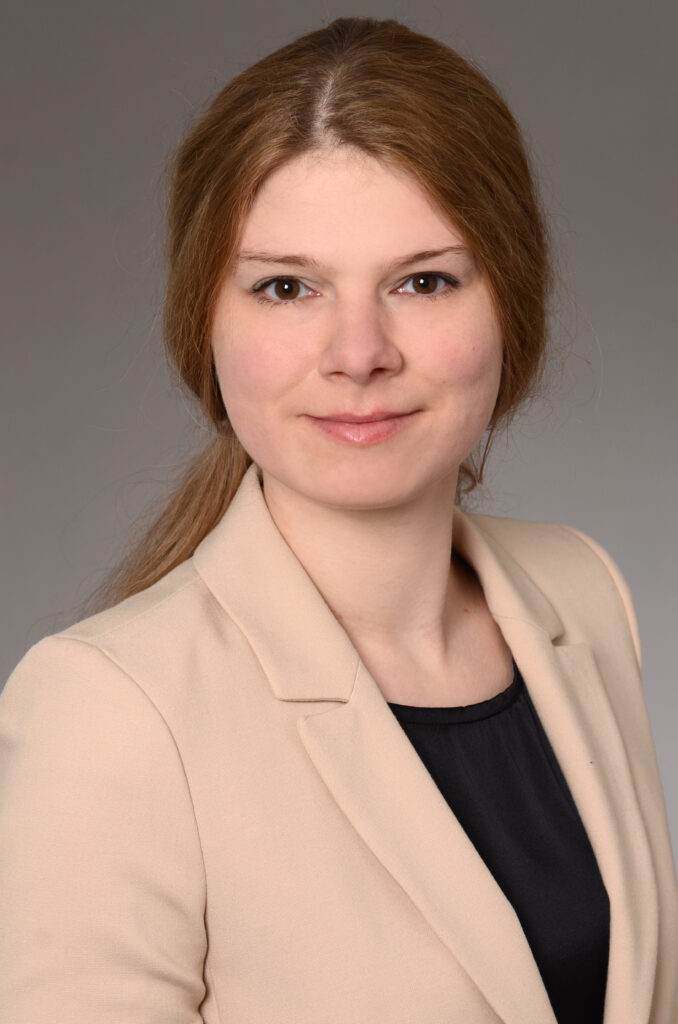
Anna Masling is a doctoral researcher at the Department of Psychology at the University of Siegen, Germany. She first studied Inclusive Education at the Protestant University of Applied Sciences, Bochum before she studied Psychology at the University of Cologne and the FernUniversität Hagen. She is interested in different topics around digital media as well as judgement and decision making, specifically the role of (para-)social influence on moral judgement and decision making. Her PhD Project investigates the influence of parasocial interaction with media characters, especially in videogames on players moral decisions.
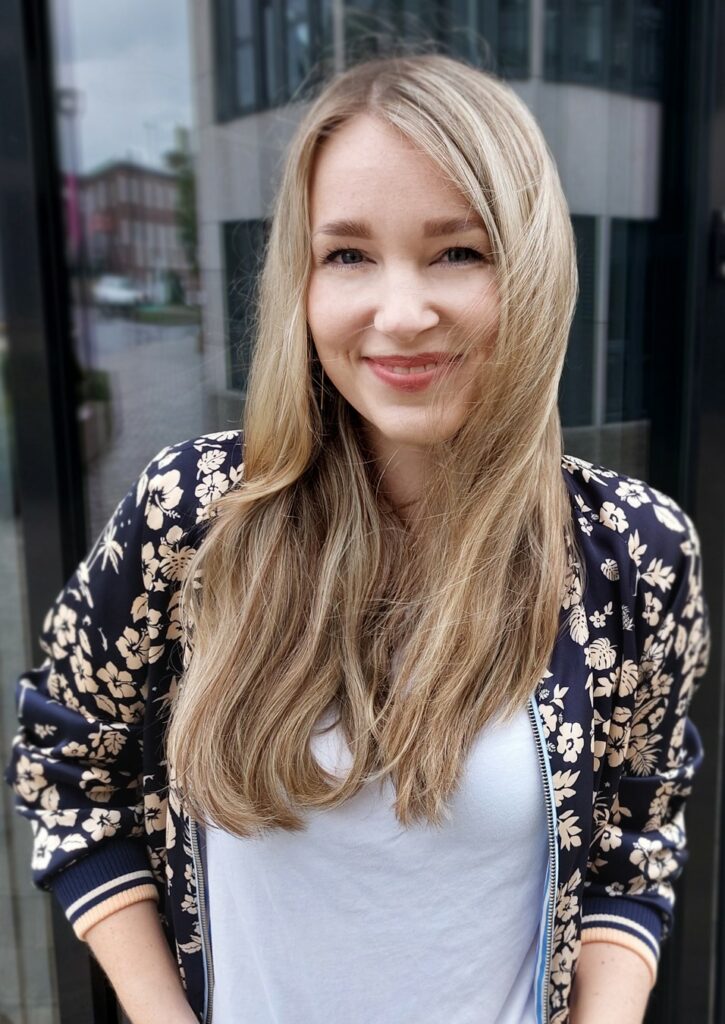
Anne Möbert is a doctoral researcher at the Department of Psychology at the University of Siegen. She studied psychology at the universities of Hagen and Bielefeld in Germany. She is interested in different topics in the area of business psychology, for example personnel selection, learning and development or organizational development. The combination of theoretical and empirical studies and investigations and practical influence on the day-to-day work is especially important to her. Her research is focused on business psychology, mainly digital leadership and strategies to develop trust in work environments. She investigates the development of trust in different stages of the employment process and the factors influencing the trust building process.
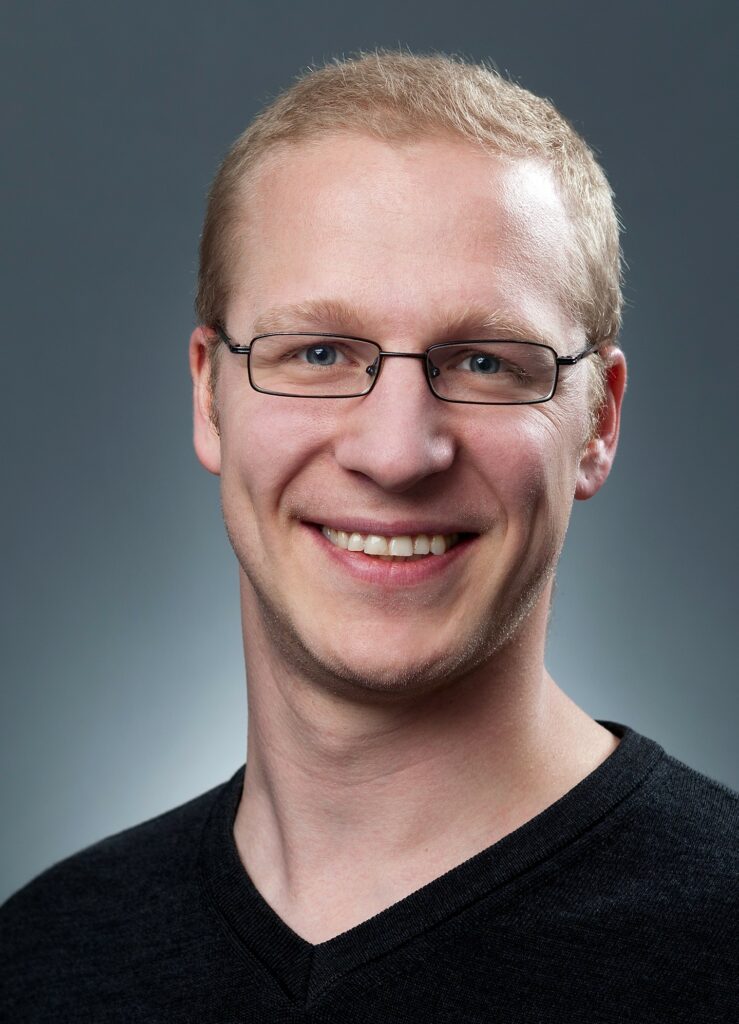
Johannes Kiess is a post-doctoral research member at the Department of Social Sciences at the Faculty of Arts at the University of Siegen and Deputy director of the Else-Frenkel-Brunswik-Institute for Democracy Research at University of Leipzig. He holds a PhD in Sociology from the University of Siegen and an M.A. from the University of Leipzig where he studied political science, sociology and philosophy. He also studied Middle Eastern Studies at the Ben Gurion University of the Negev in BeerSheva, Israel. His research interests include European integration and European societies, interest group research and industrial relations, as well as right-wing extremism, political participation and societal (dis)integration. His PhD project investigated the strategic framing of the financial and Euro crisis by trade unions and business associations. Since 2010, he has been part of a research group at the University of Leipzig surveying right-wing extremism in Germany (2002-2016). He previously was a researcher in the EU-funded projects LIVEWHAT (FP 7), TransSOL (H2020) and EURYKA (H2020). In addition, Johannes was a visiting researcher at the Max Planck Institute for the Study of Societies, Cologne, and at Georgetown University, Washington D.C. He has published numerous articles and book chapters in both German and English.
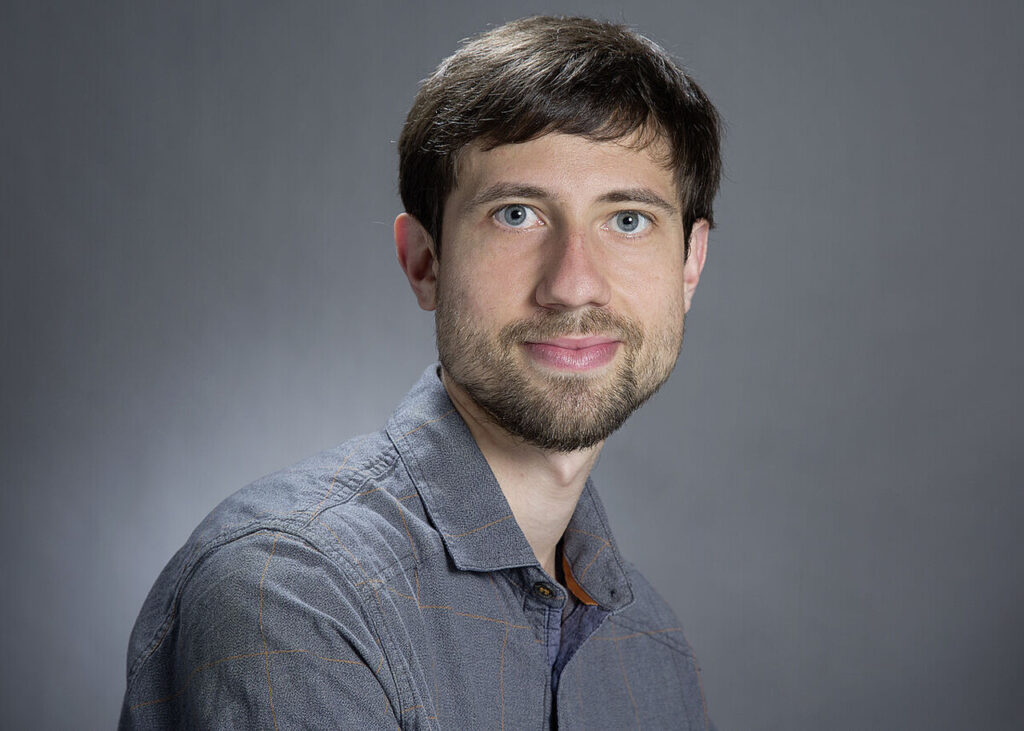
Marian Pradella is a post-doctoral research member at the Department of Social Sciences at the Faculty of Arts at the University of Siegen. He holds a PhD in Sociology from the University of Rostock and an M.A. from the University of Graz and the Universiy of Brno where he studied cultural sociology. His research focuses on cultural theory, discourse theory and political sociology, especially populism.
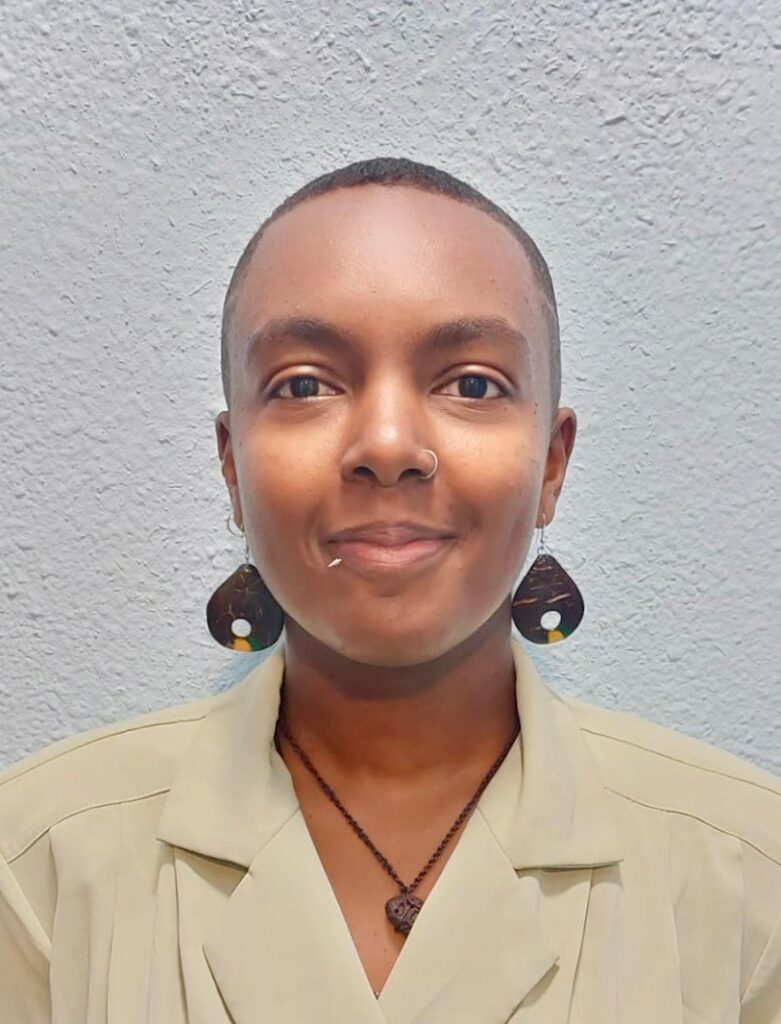
Sabrina-Maria Anderson is a student on the M.A. Roads to Democracies programme at the University of Siegen – an international and interdisciplinary course run by the Department of History and the Department of Social Sciences. She has also studied at the Faculty of Economics, University of Coimbra, Portugal, and holds a Law degree from Cardiff University, UK, where she studied Law and Sociology. Her research interests include contemporary political theory, particularly concerning questions of difference and diversity, race, gender, structural injustice and political violence. She has edited a book on the German Energiewende and as a freelance journalist, writes feature articles about race, politics and health.
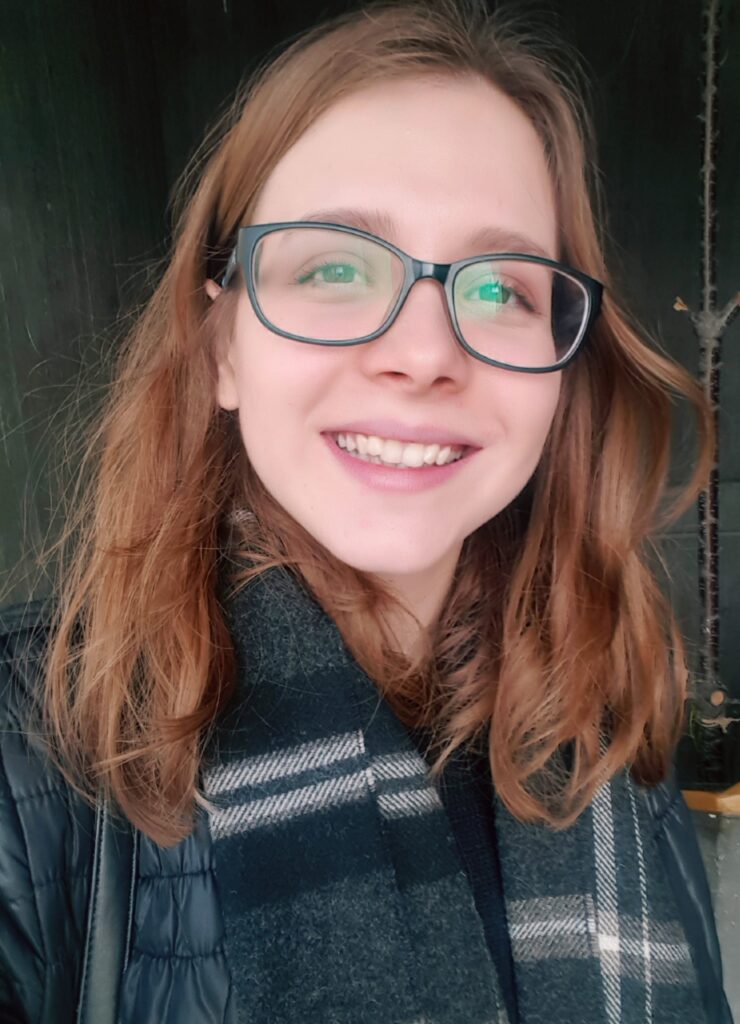
Tutku Zengin is a second-year graduate student on the M.A. Roads to Democracies at the University of Siegen. She received her bachelor’s degree in International Relations from Middle East Technical University and her master’s degree in Public and Cultural Diplomacy from the University of Siena. She attended an Erasmus exchange programme in Political Science and Civics at the Sapienza University of Rome and a summer school in Chinese Politics at Xi’an Jiaotong-Liverpool University during her bachelor’s degree. She currently works as a student research assistant at the University of Siegen as a part of the EnTrust – Enlightened Trust in Governance project. In addition, she gained work experience as a communications intern at the United Nations Development Programme’s Turkey Office, as a didactic tutor at the Department of Social, Political and Cognitive Sciences at the University of Siena and as a research intern at the Centre for the Study of Political Change (CIRCaP) at the University of Siena. She has a keen interest in women and politics research and democracy studies in East Asian countries, specifically South Korea. She will be attending Chonnam National University in South Korea as an overseas exchange student in the spring 2023-24 semester.
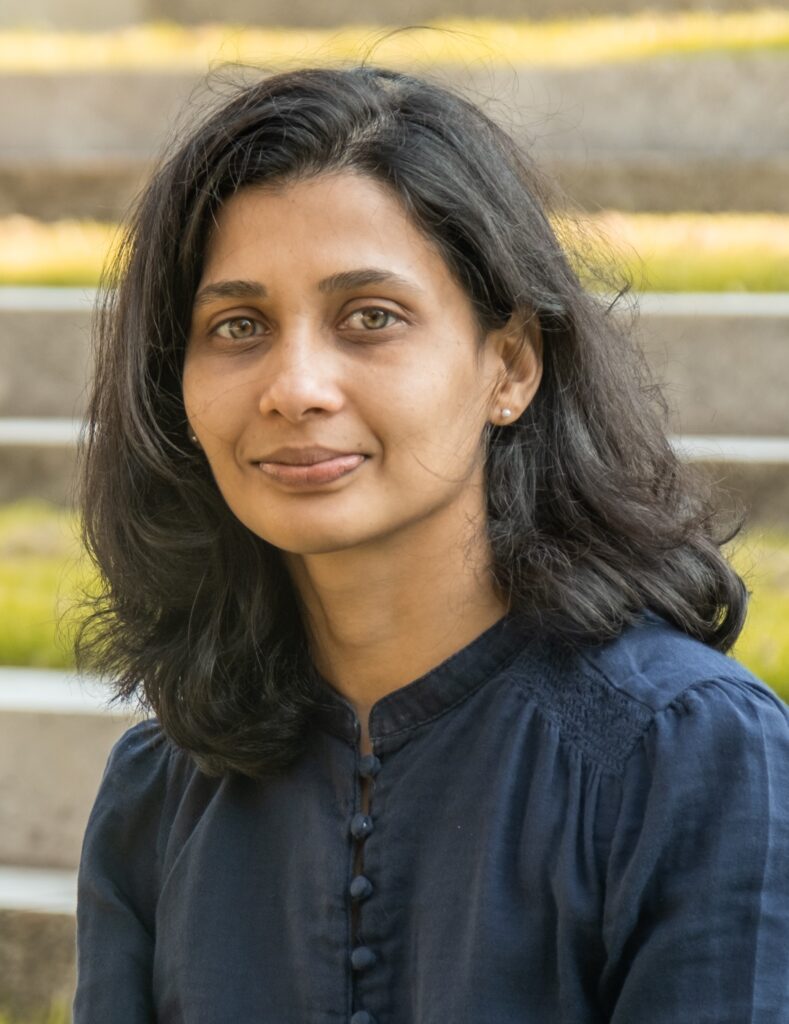
Rutu Gole is currently pursuing a master’s programme in democratic studies at the University of Siegen in Germany. She completed her bachelor’s degree in gender and diversity studies at Rhine-Waal University of Applied Sciences in Germany and studied architecture at the University of Pune in India. Through the Erasmus program, she participated in an exchange semester at Radboud University in the Netherlands. Additionally, she has worked as a student assistant and tutor at the Faculty of Society and Economics at Rhine-Waal University of Applied Sciences. During her time at the faculty, she was active as an elected member of the student parliament. Rutu gained experience as a research intern at Arbeitsgemeinschaft für Friedens- und Konfliktforschung, Kleve in Germany. She contributed chapters and co-edited the book ’50 Success Stories of Rural Women in the Pandemic’ (2022), published by Gaon Connection in India. Her research interests include gender and democracy, social inequalities in democratic contexts, and the intersections of democracy and spatial planning.
